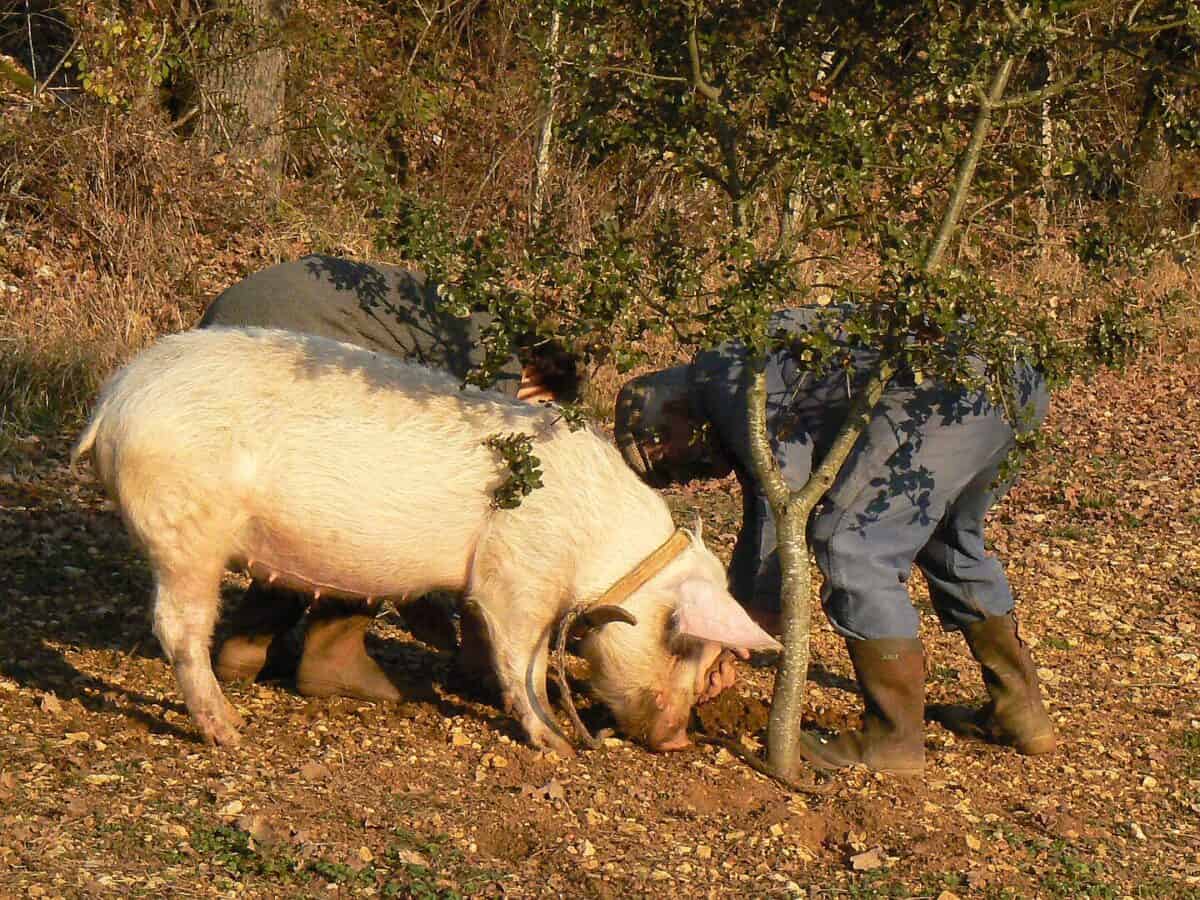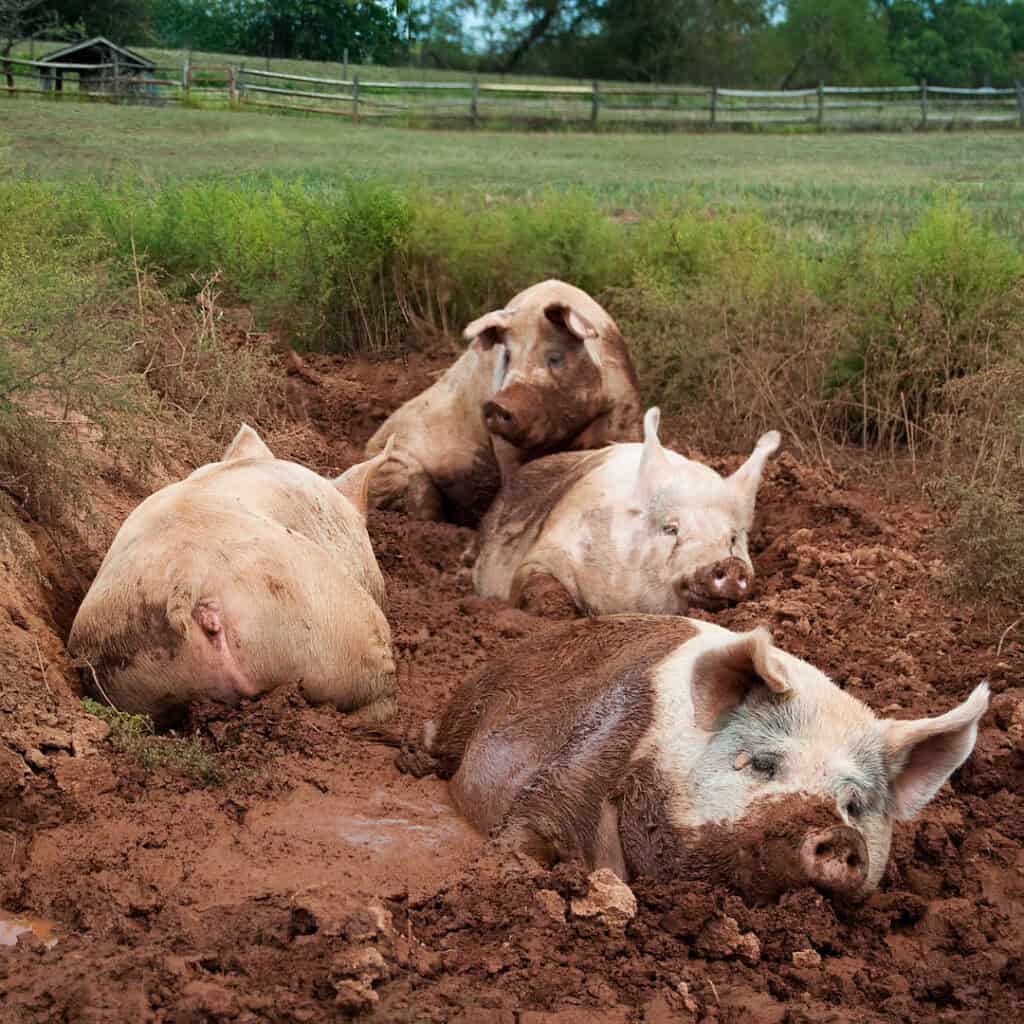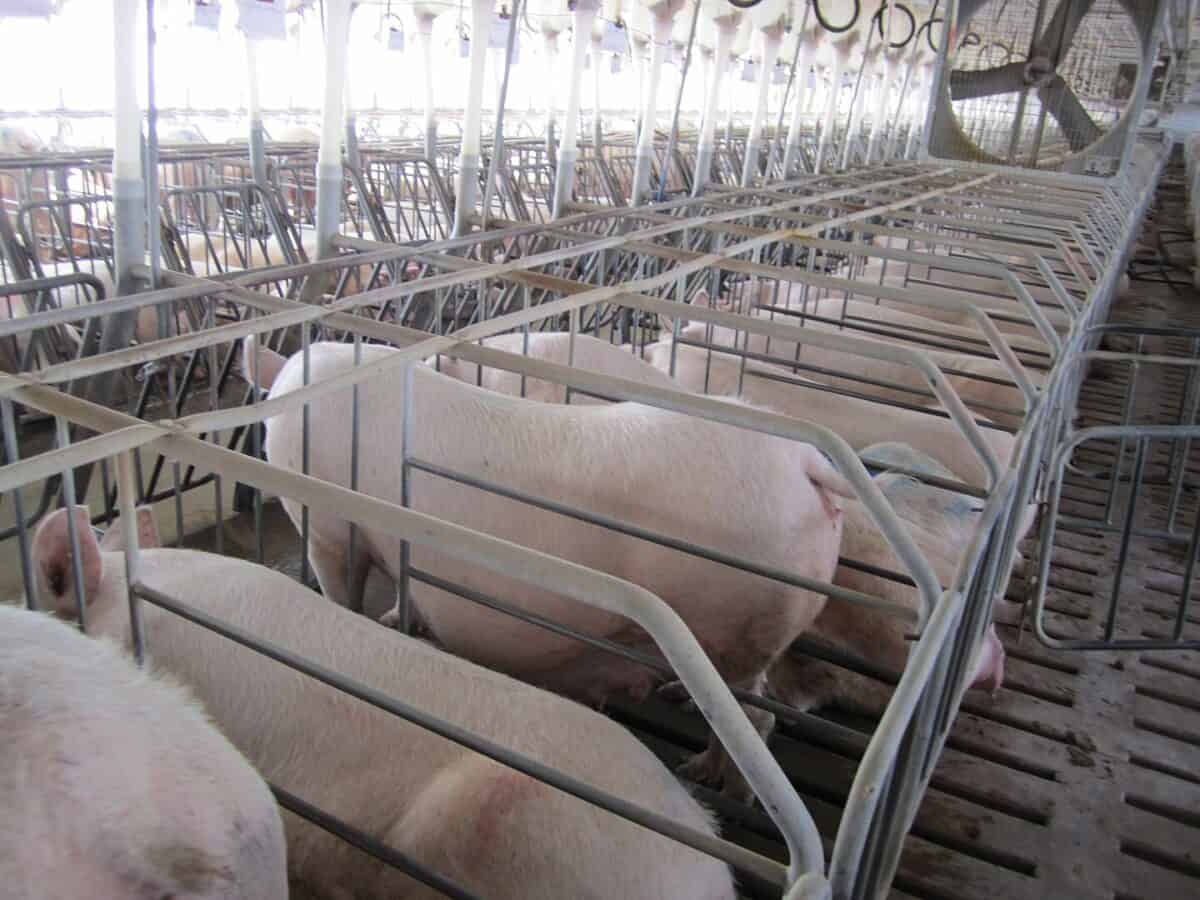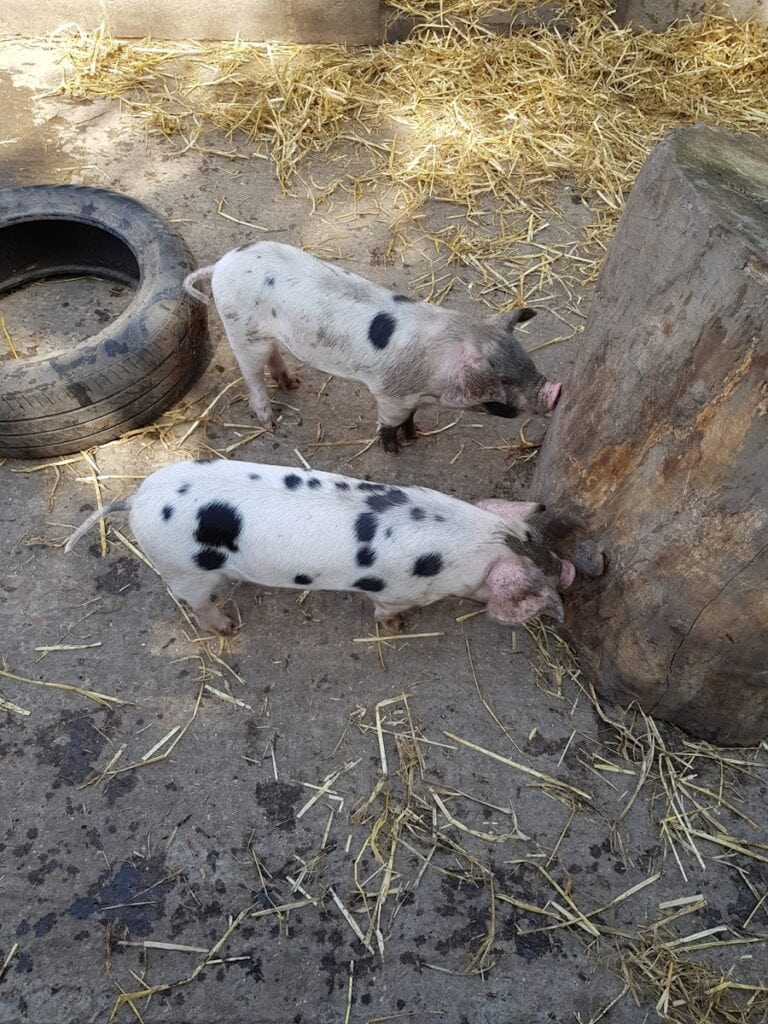Pigs have long captivated humans with their charming personalities and remarkable intelligence. While often underrated, these fascinating creatures possess cognitive abilities that set them apart from other farm animals. Understanding the intelligence of pigs not only highlights their unique capabilities but also raises important questions about how we should treat and engage with them. This article delves into the various aspects that make pigs such intellectually remarkable animals.
Understanding Pig Intelligence

Pig intelligence can be characterized by their problem-solving skills, emotional depth, and ability to learn quickly. Studies have shown that pigs can perform tasks that require advanced cognitive functions. For instance, pigs can use mirrors to find hidden food, indicating a level of self-awareness that surpasses many other animals. This self-awareness is a key component of intelligence that pigs share with species such as dolphins, elephants, and primates.
The Social Nature of Pigs

Pigs are highly social animals, thriving in intricate social structures that involve cooperation and communication. They communicate using a range of vocalizations and body language, and they can interpret these signals within their groups. This ability to form complex social bonds contributes significantly to their intelligence. In their natural environments, pigs maintain sophisticated social hierarchies and learn from each other through observation and imitation.
Problem-Solving Skills

Pigs are natural problem-solvers. Research has demonstrated their ability to navigate mazes and solve puzzles with impressive accuracy. In some studies, pigs have outperformed dogs and even young children in certain cognitive tests, particularly those involving object-location memory and discriminative learning. This problem-solving prowess highlights not only their intelligence but also their capacity for strategic thinking.
Memory and Learning

Pigs are quick learners and have excellent memories. They can understand complex tasks and remember them over extended periods. Pigs have been shown to recall how to perform tasks months after first learning them and can apply learned skills to new situations. They can also discern between different objects and even learn to respond to human-given names and commands.
Pigs and Emotional Intelligence

Emotional intelligence is another area where pigs excel. They exhibit behaviors that suggest empathy and an ability to understand emotions within their social groups. Pigs can sense distress in other pigs and respond accordingly, which is indicative of their emotional depth. This emotional intelligence aids them in maintaining harmony within their social structures and contributes to their welfare in both wild and domestic environments.
Use of Tools and Manipulation

Instances of tool use have been observed in pigs, a trait often associated with higher intelligence. While not common across all pigs, some have been seen using their snouts to move objects or manipulate their environment to solve tasks. This ability to use tools, albeit rare, indicates a cognitive flexibility that surpasses many farm animals.
The Role of Genetics in Pig Intelligence

Genetic factors play a role in the intelligence of pigs. Breeds such as the Kune Kune and the Vietnamese Pot-bellied pig have been observed to demonstrate higher cognitive abilities, which may be attributed to selective breeding practices aimed at enhancing specific traits. Understanding the genetic basis of their intelligence could provide further insights into how cognitive abilities evolve in animals.
Comparisons with Other Farm Animals

When compared to other farm animals, pigs consistently display higher levels of cognition. For example, sheep are known for their strong herd instincts and memory, but they tend not to demonstrate the same problem-solving capabilities as pigs. Chickens have complex social hierarchies too, yet their cognitive range is limited compared to pigs. Cows, although capable of forming bonds, do not exhibit the same level of individual intelligence and adaptability.
Environmental Enrichment and Pig Behavior

An enriched environment is crucial for fostering intelligence in pigs. Providing stimulating activities and varied environments encourages natural behaviors and promotes mental well-being. This enrichment can reduce stress and prevent boredom-related behaviors such as rooting and biting, ultimately ensuring a healthier and more fulfilling life for pigs.
Pigs in Research and Their Ethical Treatment

The recognition of pig intelligence has sparked discussions about their ethical treatment, particularly regarding their use in research and farming. As subjects in scientific studies on animal cognition, pigs contribute to our understanding of intelligence across species. However, this also emphasizes the need for humane treatment, ensuring they are kept in environments that meet their cognitive and emotional needs.
Pigs as Pets: Considerations and Challenges

Due to their intelligence and social nature, pigs can make loving and engaging pets for those who are prepared for the responsibility. Potential pet owners must consider their spatial needs, the demand for environmental enrichment, and dietary requirements. Adopting a pig involves understanding their behavior and ensuring an environment that can stimulate their curiosities and social interactions.
The Future of Understanding Pig Intelligence

As research continues to unfold, the future of understanding pig intelligence lies in interdisciplinary studies that incorporate insights from genetics, behavior, and animal welfare. By exploring these areas, we can deepen our appreciation of pigs’ cognitive capabilities and refine our approaches to managing and caring for them, ensuring they enjoy brighter futures in both domestic and agricultural settings.
Pigs are undoubtedly among the most intelligent of farm animals, boasting cognitive abilities that invite us to reconsider their roles in agriculture and companionship. Their intelligence challenges us to treat them with the respect and care they deserve, and by doing so, we gain allies that enrich our lives with their company and insight.
- The World’s Most Poisonous Frog Can Kill Ten Men with One Touch - August 21, 2025
- Why Elephants Mourn Their Dead Just Like Humans Do - August 21, 2025
- Where to Watch Wild Horses Run Free in the U.S. - August 21, 2025

